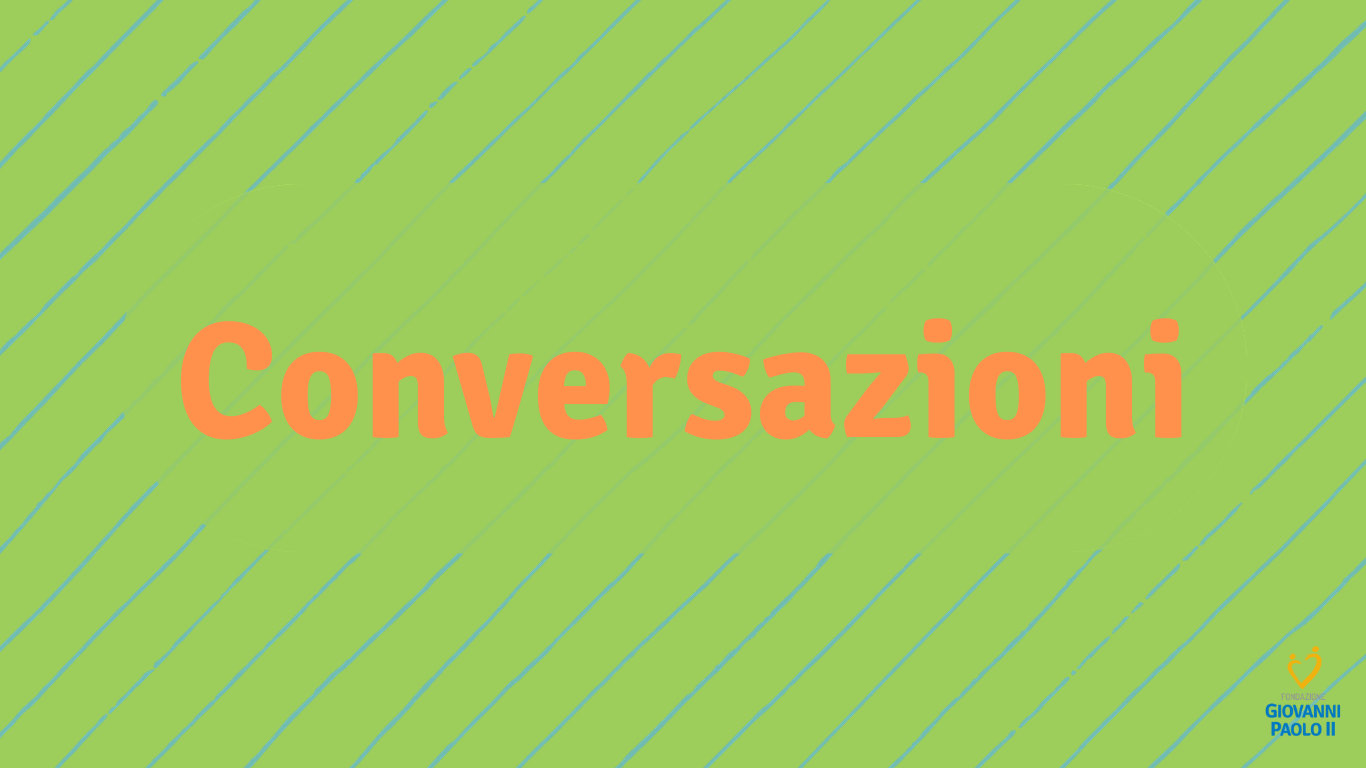
Le catene che imprigionano la nostra dignità e diventano un ostacolo per la democrazia
Catene ai polsi, catene ai piedi, la catena come guinzaglio. Le catene da sempre rappresentano la negazione della libertà a cui tutti teniamo. Nelson Mandela scriveva: “le catene imposte ad uno di noi pesano sulle spalle di tutti”.
Così in questi giorni abbiamo sentito come comunità, guardando le immagini di Ilaria Salis condotta e tenuta in catene alla prima udienza del processo nel quale è imputata a Budapest, il peso di quelle catene, come un’ingiustizia, non perché lei sia innocente dei reati che gli vengono contestati, ma perché non è umano umiliare e trattare in quel modo una persona.
A noi italiani quelle catene pesano ancor di più perché il nostro sentire sulla dignità umana è forse diverso, oggi, da quello del popolo ungherese, per la nostra concezione dello stato di diritto, per la nostra storia, per le conquiste che abbiamo fatto, per una Costituzione che si fonda sul riconoscimento e la difesa dei diritti fondamentali. Non illudiamoci, ci sono stati e ci sono ancora tanti e troppi episodi che anche da noi trasformano un detenuto in una non- persona, privata dei propri diritti e della propria dignità.
Basta pensare ai suicidi che avvengono nelle nostre carceri, al sovraffollamento nelle celle ormai consuetudine in tutti gli istituti di pena, ai tanti e inutili carcerati rinchiusi da tempo in attesa di giudizio o per reati minori, che potrebbero essere gestiti attraverso le tante e diverse modalità previste dalla legge.
Anche da noi chi è povero resta in carcere solo che il non vedere ci rassicura e comunque in un’udienza di un processo non capita mai di vedere una persona condotta in aula come un animale pericoloso. Per questo quando lo vediamo nascono domande, iniziano le perplessità, ci interroghiamo su come quelle catene pesano sul nostro senso di giustizia e di dignità.
Viene il desiderio di iniziare ad approfondire e scopriamo che per i reati contestati a Ilaria Salis in Ungheria si rischiano fino a 24 anni di carcere e in Italia invece molto meno.
Poi si scopre che secondo Amnesty International “esiste la decisione quadro del 2009 del Consiglio europeo sul reciproco riconoscimento delle decisioni sulle misure alternative alla detenzione cautelare’, che in questi casi prevede per il detenuto una serie di misure alternative, come i domiciliari. Essa potrebbe non necessariamente essere applicabile solo a condanna definitiva, ma anche prima”.
Con la possibilità di poter scontare la pena anche nel proprio paese e ci chiediamo quale è il senso della punizione che uno stato deve infliggere a chi ha commesso dei reati e dunque anche della possibilità di riabilitazione di una persona.
Ci chiediamo come mai due paesi che si riconoscono sui diritti inviolabili dell’uomo e stanno nella stessa comunità europea, possono avere così forti disparità su un tema come la giustizia, caposaldo della vita di uno stato democratico.
Quelle catene che impediscono a una persona di muoversi danno concretezza al diverso modo di intendere la giustizia, la democrazia, la libertà, la dignità. Sono catene pesanti politicamente anche per chi ha pensato e narrato che, nella strana forma di democrazia ungherese, il sistema proposto da Orbàn, possa essere un possibile modello da seguire. Tanto più quando quelle catene appaiono ai nostri occhi, proprio alla vigilia di una campagna elettorale per un voto europeo ritenuto da tanti analisti molto importante e che potrebbe segnare una svolta politica nel nostro continente.
Sono catene che destano allarme, alle quali occorre rimediare, perché sono pericolose molto di più di tante parole.
“Gli uomini che aspirano ad essere liberi difficilmente possono pensare di rendere schiavi gli altri. Se cercano di farlo, non fanno che rendere più strette anche le proprie catene di schiavitù” scriveva Mahatma Gandhi.
La perdita di diritti civili e di dignità anche se colpisce altri da noi, si ripercuote sulla libertà di tutti.
Questo è il messaggio che arriva al nostro cuore e alla nostra mente da quelle catene di Ilaria Salis, perché se ci immedesimiamo in lei, non vorremmo essere costretti a subire quell’umiliazione, anche se fossimo colpevoli.
E quando ci immedesimiamo nelle storie degli altri cambia il nostro modo di vedere le cose. Uno stato è forte non quando usa la forza, ma quando non fa perdere a nessuno i propri diritti, a partire da quello di vedere rispettata la propria dignità. È ciò che ci insegna la nostra Costituzione, è ciò che sta alla base di ogni costruzione politica democratica, anche quella della Comunità Europea. Per questi motivi quelle catene hanno imprigionato anche tutti noi.
Pierluigi Ermini, è un comunicatore pubblico, amante della scrittura, creatore del blog “i cammini di Pierluigi” e referente del Valdarno per l’Associazione Libera.
“Conversazioni” è la rubrica del magazine della Fondazione Giovanni Paolo II che raccoglie punti di vista su temi di attualità, società, economia e cultura. L’obiettivo è offrire uno spazio di dialogo aperto a tutti dove ognuno è libero di esprimere le proprie idee. Se vuoi contribuire al dibattito inviaci il tuo articolo alla mail comunicazione@fondazionegiovannipaolo.org
